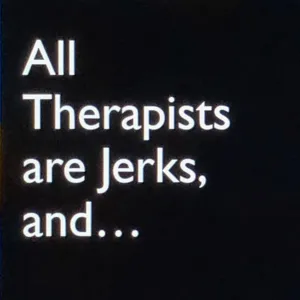Ulland and Jo review how parents can feel defensive in family work as though they are being blamed. They review how DBT is a no blame model and how family dynamics must be addressed. The biosocial theory suggests we learned from environments of origin and behaviors are maintained within current environments. The idea of individual perception of past events may be more meaningful to relationships than focusing on the correct version "reality.” Individuals may see things differently. It is our individual perception of events, not necessarily the events themselves, that lead to our understanding of relationships and our lived history.

